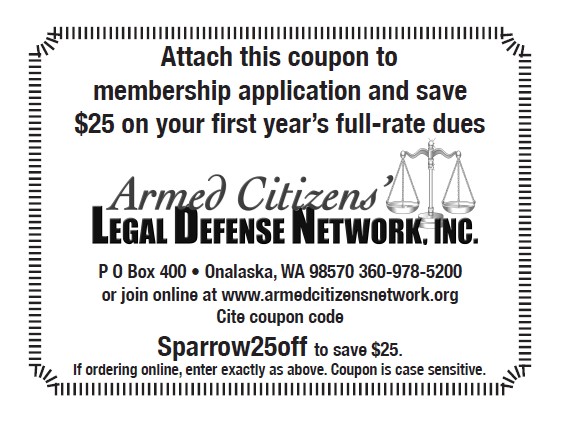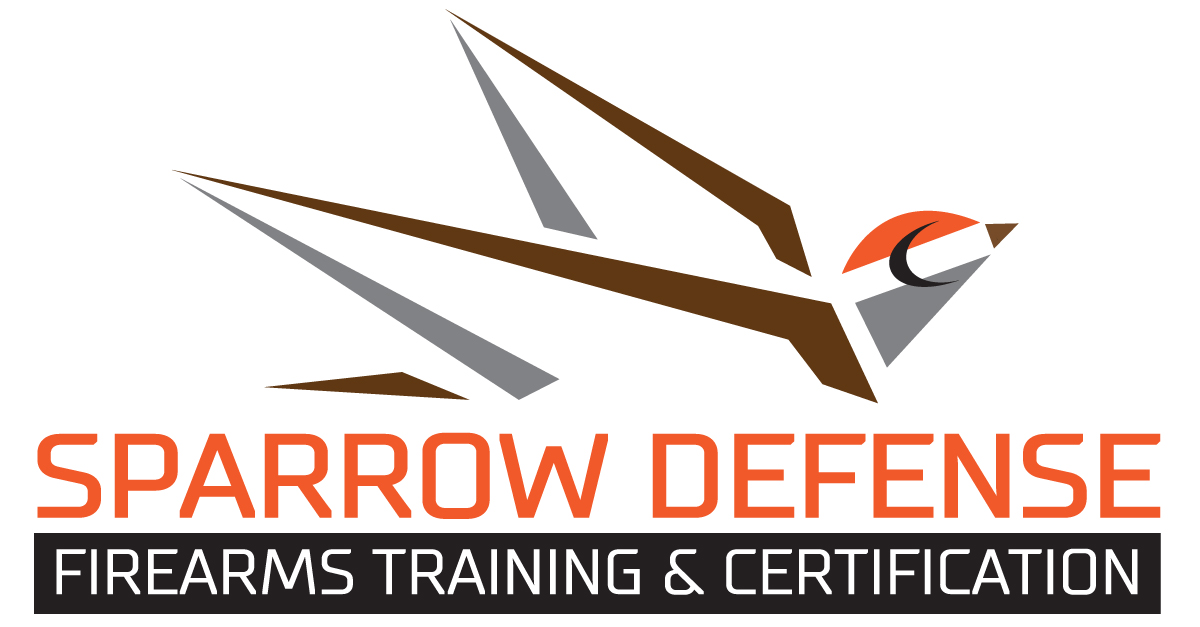Georgia Use of Force Codes and Suggested Readings
Georgia Use of Force Codes and Suggested Reading
The following code sections and reference texts are placed here as review material for students. We offer these so that students can review the applicable laws in Georgia. As always, we suggest that you contact an attorney before speaking with law enforcement concerning any potential criminal act on your part (even if you believe yourself to be the victim who legally defended yourself).
Remember that the statute of limitation on felony acts is 5 years from the date that the act became known. With that in mind, all statements made by you on scene will have a lasting impact on your future. We suggest joining a legal association or network in the event that you become involved in an armed encounter. The Armed Citizens Legal Defense Fund is one such organization that we support.

Justification as Defense (Criminal Defense, sometimes at trial)
GA Code § 16-3-20 (2018)
The fact that a person's conduct is justified is a defense to prosecution for any crime based on that conduct. The defense of justification can be claimed:
(1) When the person's conduct is justified under Code Section 16-3-21, 16-3-23, 16-3-24, 16-3-25, or 16-3-26;
(2) When the person's conduct is in reasonable fulfillment of his duties as a government officer or employee;
(3) When the person's conduct is the reasonable discipline of a minor by his parent or a person in loco parentis;
(4) When the person's conduct is reasonable and is performed in the course of making a lawful arrest;
(5) When the person's conduct is justified for any other reason under the laws of this state, including as provided in Code Section 51-1-29; or
(6) In all other instances which stand upon the same footing of reason and justice as those enumerated in this article.
Use of Force in Defense of Self (Generally Public Spaces)
GA Code § 16-3-21 (2018)
(a) A person is justified in threatening or using force against another when and to the extent that he or she reasonably believes that such threat or force is necessary to defend himself or herself or a third person against such other's imminent use of unlawful force; however, except as provided in Code Section 16-3-23, a person is justified in using force which is intended or likely to cause death or great bodily harm only if he or she reasonably believes that such force is necessary to prevent death or great bodily injury to himself or herself or a third person or to prevent the commission of a forcible felony.
(b) A person is not justified in using force under the circumstances specified in subsection (a) of this Code section if he:
(1) Initially provokes the use of force against himself with the intent to use such force as an excuse to inflict bodily harm upon the assailant;
(2) Is attempting to commit, committing, or fleeing after the commission or attempted commission of a felony; or
(3) Was the aggressor or was engaged in a combat by agreement unless he withdraws from the encounter and effectively communicates to such other person his intent to do so and the other, notwithstanding, continues or threatens to continue the use of unlawful force.
(c) Any rule, regulation, or policy of any agency of the state or any ordinance, resolution, rule, regulation, or policy of any county, municipality, or other political subdivision of the state which is in conflict with this Code section shall be null, void, and of no force and effect.
Use of Force When Assisting / Protecting Law Enforcement
GA Code § 16-3-22 (2018)
(a) Any person who renders assistance reasonably and in good faith to any law enforcement officer who is being hindered in the performance of his official duties or whose life is being endangered by the conduct of any other person or persons while performing his official duties shall be immune to the same extent as the law enforcement officer from any criminal liability that might otherwise be incurred or imposed as a result of rendering assistance to the law enforcement officer.
(b) The official report of the law enforcement agency shall create a rebuttable presumption of good faith and reasonableness on the part of the person who assists the law enforcement officer.
(c) The purpose of this Code section is to provide for those persons who act in good faith to assist law enforcement officers whose health and safety is being adversely affected and threatened by the conduct of any other person or persons. This Code section shall be liberally construed so as to carry out the purposes thereof.
Use of Force in Defense of Habitation
GA Code § 16-3-23 (2018)
A person is justified in threatening or using force against another when and to the extent that he or she reasonably believes that such threat or force is necessary to prevent or terminate such other's unlawful entry into or attack upon a habitation; however, such person is justified in the use of force which is intended or likely to cause death or great bodily harm only if:
(1) The entry is made or attempted in a violent and tumultuous manner and he or she reasonably believes that the entry is attempted or made for the purpose of assaulting or offering personal violence to any person dwelling or being therein and that such force is necessary to prevent the assault or offer of personal violence;
(2) That force is used against another person who is not a member of the family or household and who unlawfully and forcibly enters or has unlawfully and forcibly entered the residence and the person using such force knew or had reason to believe that an unlawful and forcible entry occurred; or
(3) The person using such force reasonably believes that the entry is made or attempted for the purpose of committing a felony therein and that such force is necessary to prevent the commission of the felony.
Key Points:
- The law does not require you to allow the other party to attempt or make an attack prior to defending yourself. You do not need to be struck or have a weapon brandished against you prior to enacting a defense under the law. You must be able to articulate that an “imminent use of unlawful force” was about to occur.
- The jury is generally instructed to determine if you acted in a manner that is consistent with a “reasonable and prudent person” when deciding at trial.
- Understanding how to articulate an immediate threat to yourself, your family, or a third party is critical to establishing your legal authority to use force. Knowledge of pre-assault indicators is critical to surviving the encounter and to any legal aftermath.
- Popular reference texts include:
- “The Gift of Fear”, by Gavin de Becker
- “What Every Body is Saying”, by Joe Navarro
- “Attracting Assault: Victims’ Nonverbal Cues”, by Betty Grayson and Morris L. Stein
- “How Close is Too Close”, by Dennis Tueller (in March issue of 1983 SWAT Magazine / http://www.theppsc.org/Staff_Views/Tueller/How.Close.htm)
- Note that Tueller’s work is often mis-quoted as the “21 foot rule”
- Your Miranda Warning is required when you are “in custody” and being asked questions about a criminal act. That does not mean you are in handcuffs. That means that you are detained and not free to leave the scene.
- You DO NOT understand your rights and want to speak with an attorney.
